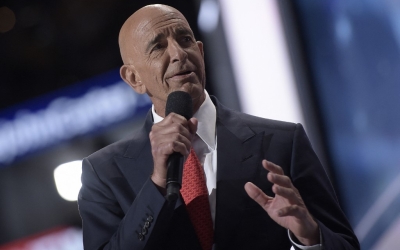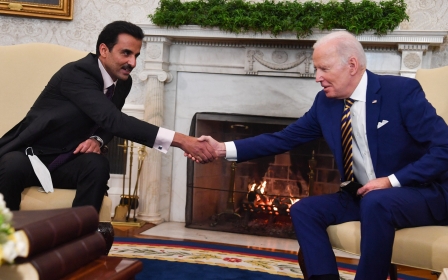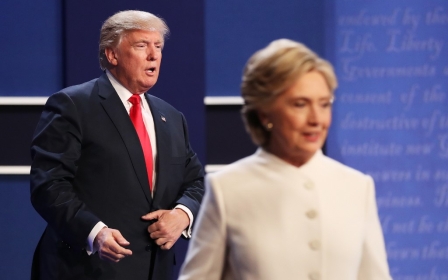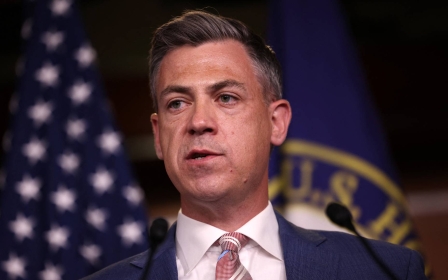US prosecutors allege illegal campaign donations in 2016 election originated from UAE
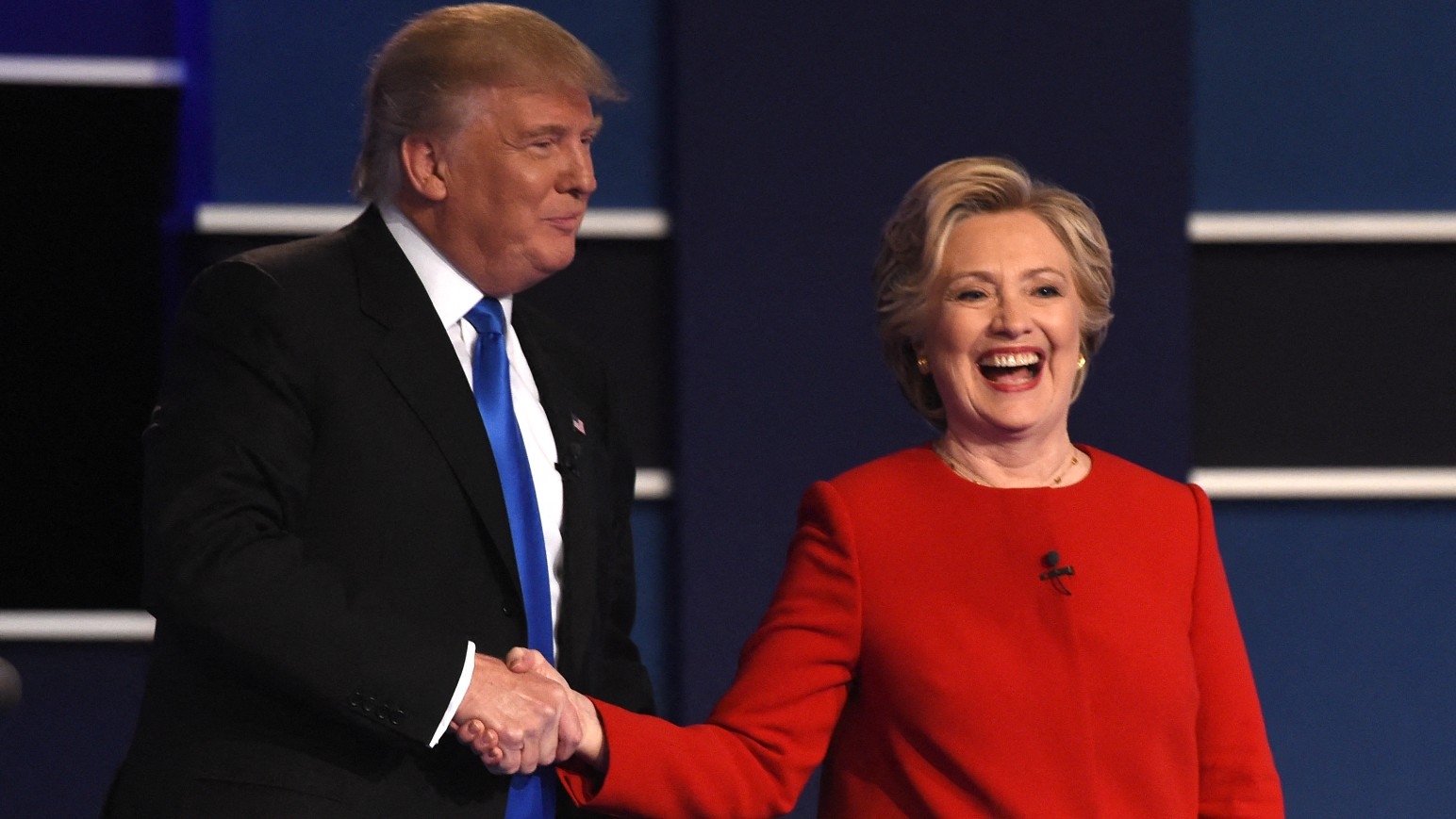
US prosecutors preparing for a trial of two individuals on charges of illegally funnelling more than $5m to political committees, including one that backed Hillary Clinton's failed 2016 presidential campaign, have alleged that the money originated from the United Arab Emirates.
"The facts are this money came from the UAE Government," Michelle Parikh, a Justice Department prosecutor, said at a hearing on Tuesday morning, as quoted by Politico.
In 2019, a grand jury indictment accused eight men of conspiring to illegally funnel money and make donations before and after the 2016 presidential election.
Among the men that were charged was George Nader, a UAE adviser, convicted paedophile and key witness in special counsel Robert Mueller’s investigation into Russian interference in the 2016 US presidential election.
The original indictment mentioned that the money had originated from a "Middle East country", but Tuesday's hearing was the first time that prosecutors publicly named the UAE as the source of the funds.
New MEE newsletter: Jerusalem Dispatch
Sign up to get the latest insights and analysis on Israel-Palestine, alongside Turkey Unpacked and other MEE newsletters
According to the indictment, the money was funnelled to Nader, who then gave the money to the seven other men, mostly based in Los Angeles. They went on to make donations to Clinton and Democrat allies ahead of the presidential elections.
After Clinton lost to Donald Trump in the election, the men reportedly began donating to Democrats and Republicans alike, including a $1m donation to Trump's inaugural committee.
"If this money did in fact originate in the UAE, that in and of itself violates federal law, and any people who knowingly participated in routing this money into US elections, likely committed a federal crime here in the United States," Paul Ryan, the vice president of policy and litigation at the Washington, DC-based watchdog Common Cause, told Middle East Eye.
During Tuesday's hearing, defence attorneys opposed the mentioning of the UAE, claiming it could pose diplomatic trouble for the US, according to Politico.
"I know the State Department would not like the Justice Department's suggestion that some foreign government tried to influence the presidential election," Justin Shur, one of the defence attorneys said.
But US District Court Judge Randolph Moss ruled that prosecutors could say a firm belonging to Nader - which allegedly sent a large chunk of the funds - was based in the UAE.
The Emirati embassy in Washington did not respond to MEE's request for comment by the time of publication.
Two other men that have been charged in the scheme will go on trial this week. Meanwhile, Nader, who is presently serving a 10-year sentence on separate child sexual abuse charges and is currently cooperating with prosecutors, is not expected to testify.
'Sloppy move'
Last year, the US arrested Tom Barrack on charges that he and two associates were part of a secretive effort to shape Trump's foreign policy to the benefit of the UAE.
The arrest helped to shine a spotlight on Abu Dhabi's development of a sophisticated influence operation in Washington.
According to Meredith McGehee, an expert on Congress, lobbying and ethics, it would be a "sloppy move" if the allegation that the UAE was the origin of the money turned out to be true.
Campaign finance laws in the US clearly state that campaigns are prohibited from receiving money from foreign nationals, and this law applies at every level - from presidential elections to local ones.
'Certainly, through diplomatic channels and legal channels, the UAE is going to be chastised'
- Meredith McGehee, expert on Congress, lobbying and ethics
"It is illegal under federal campaign finance law for any foreign national funds to be contributed to US elections," said Ryan, of the watchdog Common Cause.
The UAE seems to have "just had really bad legal advice and lobbying advice because it's a pretty easily avoided restriction," McGehee told MEE, noting that "there's a lot of other ways to channel money".
According to McGehee, while the men who went on to funnel the money are facing trial in the US, the Emirati government is unlikely to face repercussions.
"Certainly, through diplomatic channels and legal channels, the UAE is going to be chastised, particularly since it sounds like the prosecutors are saying that this is government money," she told MEE.
"On a political level, no. The [Political Action Committee] is just gonna say we had no idea, and the UAE is gonna say: 'Oh, we didn't quite realise we couldn't do this'.
"There's so many other bigger fish to fry with those relationships."
Middle East Eye delivers independent and unrivalled coverage and analysis of the Middle East, North Africa and beyond. To learn more about republishing this content and the associated fees, please fill out this form. More about MEE can be found here.


